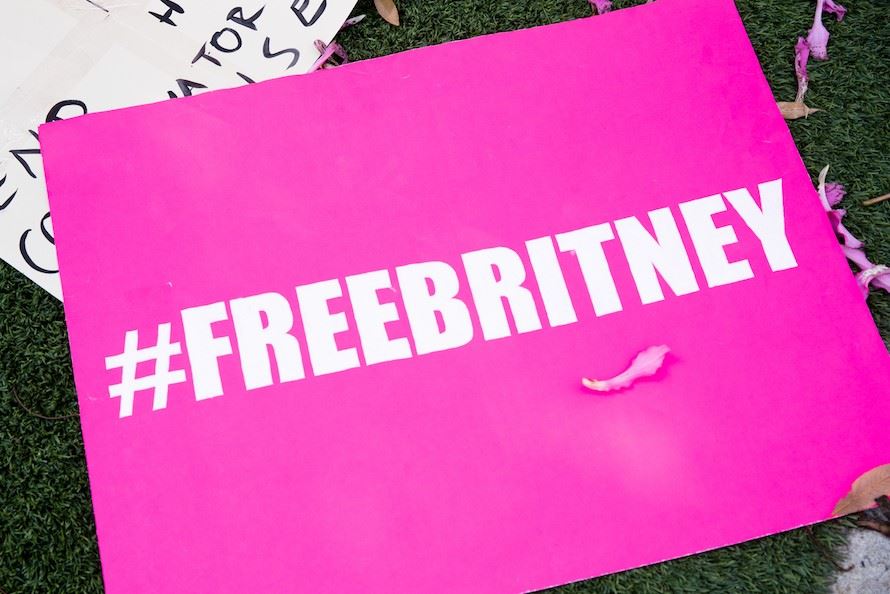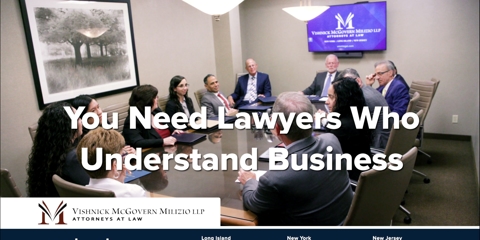The recent Britney Spears conservatorship trial has generated international headlines and public outcry over concern for her wellbeing, but little has been done to explain what a conservatorship actually is.
CONSERVATORSHIP/GUARDIANSHIP
Conservatorships are used in several states, each with its own rules and restrictions, but not in the State of New York.
In 1993, New York moved away from a conservatorship system and created a guardianship system (Mental Hygiene Law Article 81). Though broadly similar and meant to serve the same purpose, it’s better structured to meet incapacitated individuals’ needs, take into account their wishes and preferences, and provide them with the greatest amount of independence, self-determination, and participation in decisions affecting their lives.
In a guardianship, the court appoints a Guardian for a person if it determines that it is necessary in order to provide for the person’s personal needs and/or property and financial affairs, and the person is either incapacitated or agrees to the appointment.
New York has two different types of guardianship:
- Article 17-A Proceedings of the Surrogate’s Court Procedure Act are used in cases of an intellectually or developmentally disabled adult (18 and older). They are initiated in the Surrogate’s Court of the county where the individual resides.
- Article 81 Proceedings of the Mental Hygiene Law are used when an otherwise capable individual needs assistance with their personal or property management. They are initiated in the county’s Supreme Court.
Guardianships are typically filed if the incapacitated individual has not executed advance directives (Power of Attorney, Health Care Proxy, etc.) prior to their incapacity or if the individual is no longer mentally capable of understanding and executing such documents.
THE BRITNEY SPEARS CASE
Spears’ conservatorship is unusual not only because of her fame but because she is a 39-year-old working adult and mother with shared custody, not someone with severe physical or cognitive impairment.
Spears entered the conservatorship voluntarily in 2008, with her father Jamie appointed as conservator by the court. It followed family concerns over mental health and alleged substance abuse, which had resulted in the temporary loss of custody of her children and two separate forced psychiatric hospitalizations. Spears ceded all personal, financial, and legal decision-making power to her father.
Beginning in 2014, Spears began to request that her father be removed as conservator, citing his unfitness. Her allegations included heavy drinking and abuse of power, including being forced to work constantly against her will; being prescribed powerful psychiatric medication against her wishes; and being prevented from marrying her boyfriend or having another child. Notedly, she did not request that the conservatorship itself end.
On June 30, 2021, the court denied Spears’ request, a decision that has been harshly criticized by legal colleagues, fellow celebrities and the #FreeBritney movement. However, it was based on a technicality—she failed to file a formal petition to terminate the arrangement.
On Wednesday, September 29, Jamie Spears was suspended from his role as conservator of her estate. A certified public accountant, John Zabel, has replaced him as temporary conservator.
PROTECTIONS
A conservatorship or guardianship is a rather extreme protective measure. The court uses various factors to determine who the appropriate person is to serve as a conservator/guardian, but typically favors family members.
In some cases, the court appoints individuals who are not related to the incapacitated person but that the Court believes are best suited to handle the circumstances.
Since a Guardian is given authority to make important decisions on a person’s behalf, it is possible that they can act negligently, fraudulently, or abuse their authority. (See our post about the film I Care a Lot, which discusses this in greater detail.)
In New York, there are several protections put into place to prevent such behavior. Nonetheless, it’s important that the guardian(s) is trustworthy and responsible, and that they are aware of the individual’s needs and preferences.
Ultimately, the best and most effective way to ensure that you or your loved one are protected against exploitation or abuse is through proper estate planning. A comprehensive, tailored estate plan uses a variety of tools that allow you to appoint people you trust as caretakers and agents in various capacities and under different conditions. It protects assets, secures future financial independence, and brings peace of mind.
Lauren C. Block is an associate in the firm's Wills, Trusts, and Estates Practice. Her work focuses on Trust and Estate Planning, Trust and Estate Administration, and Elder Law.



